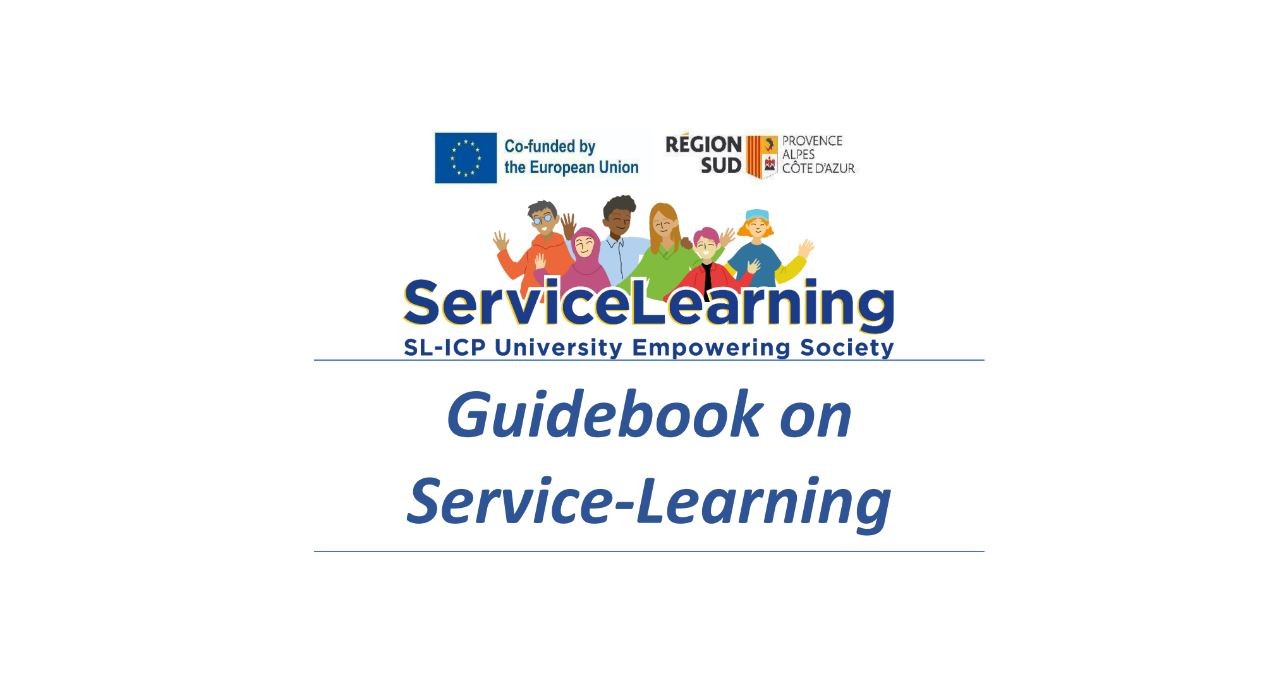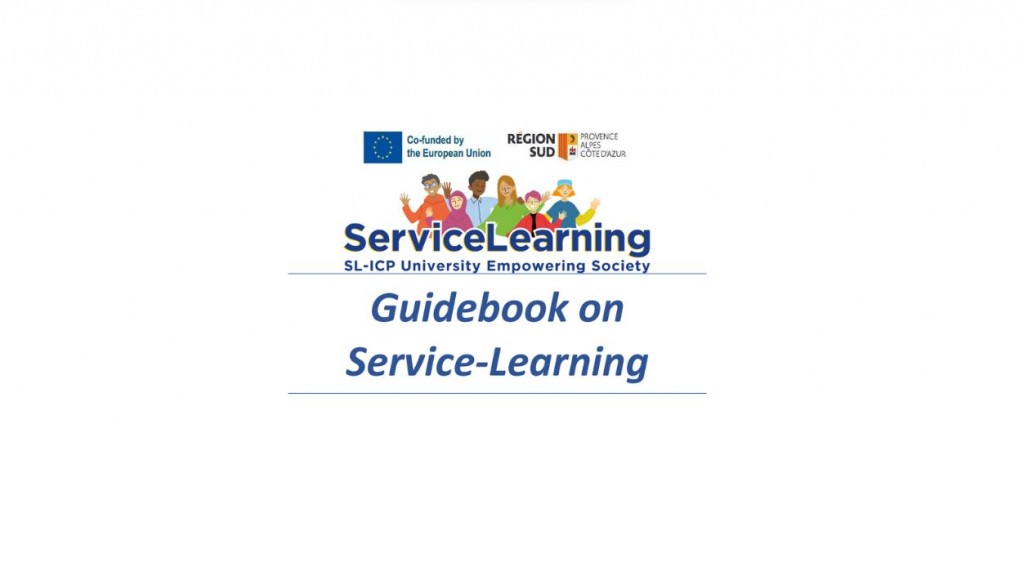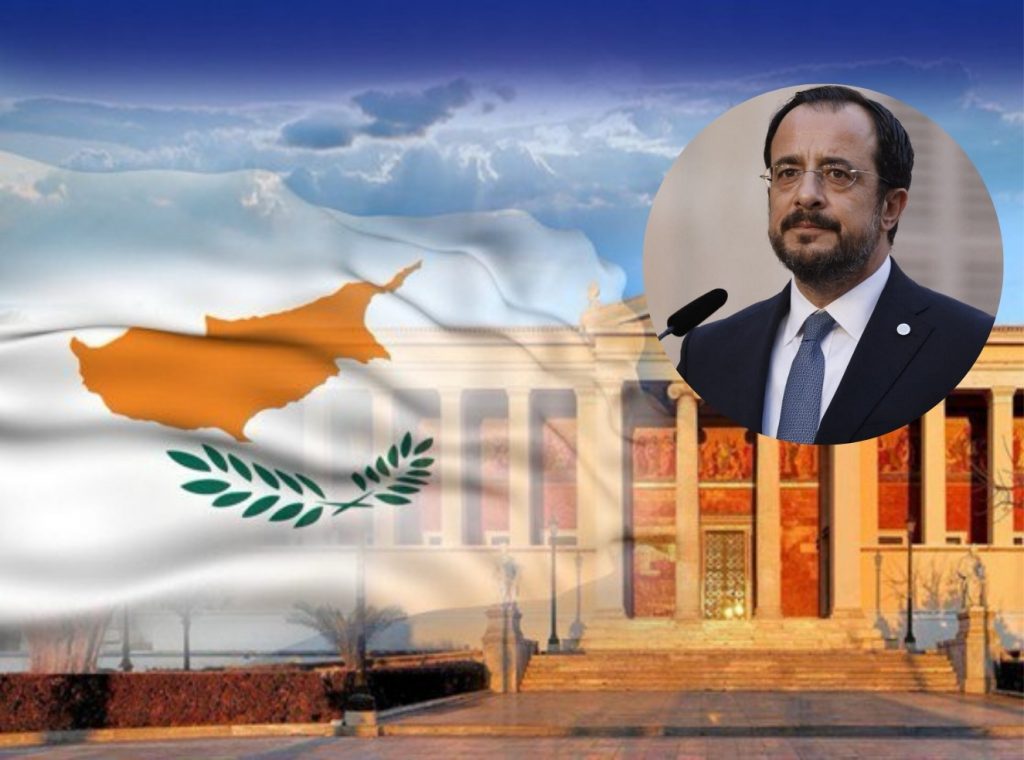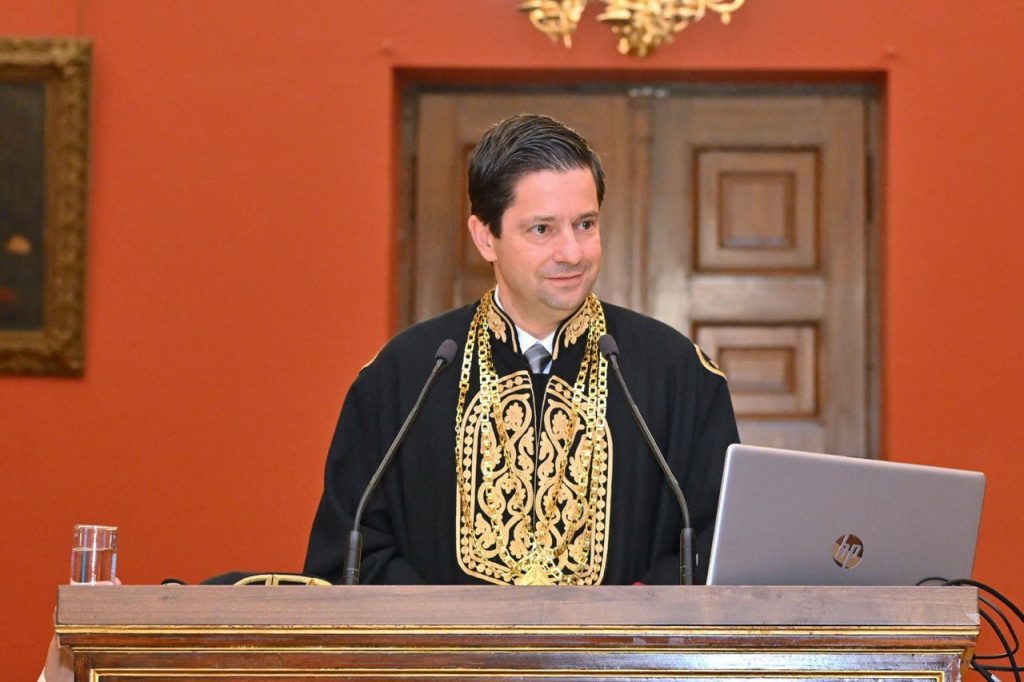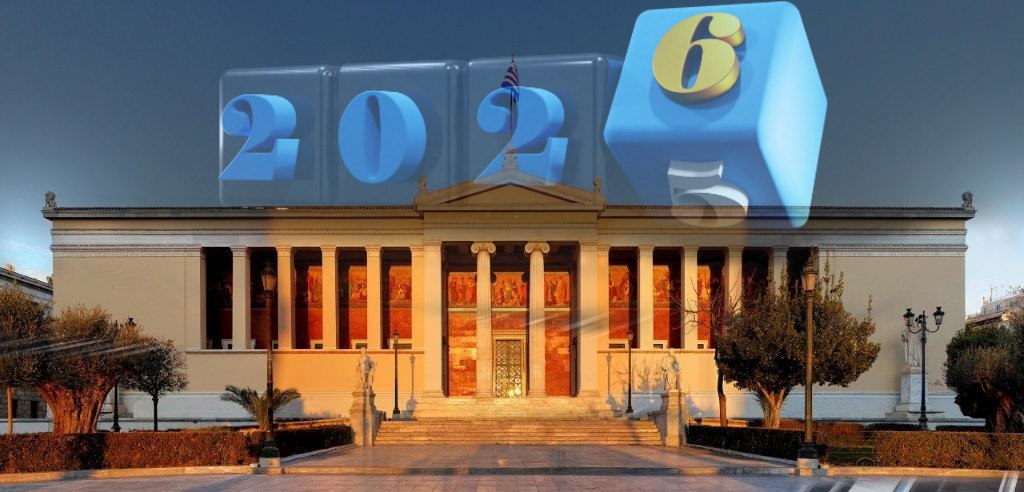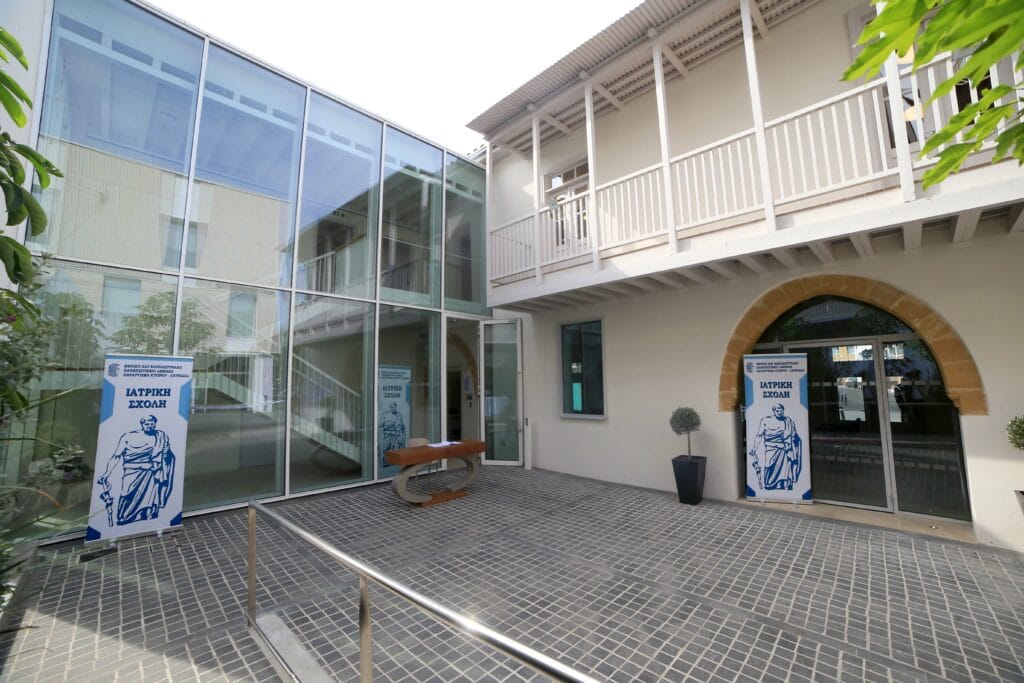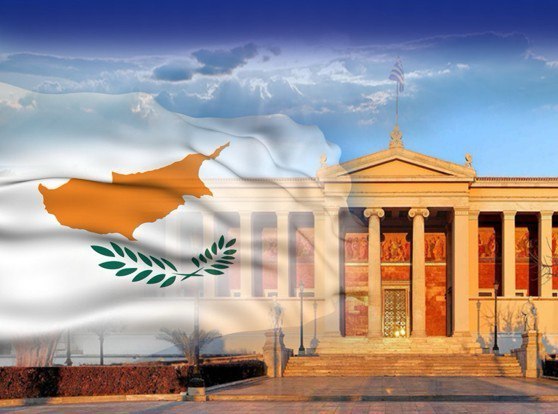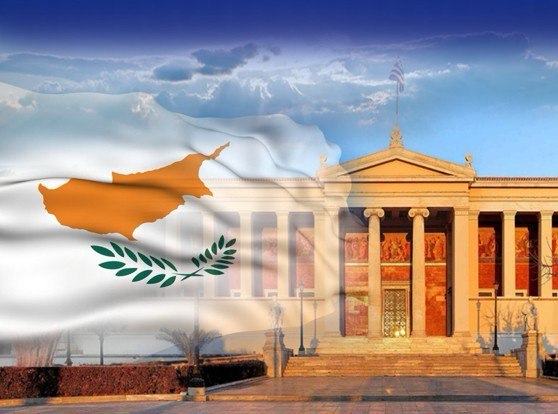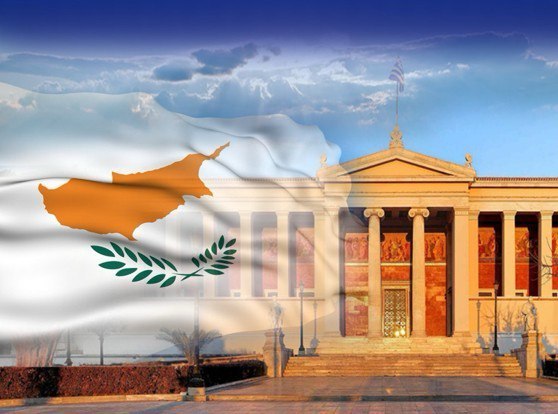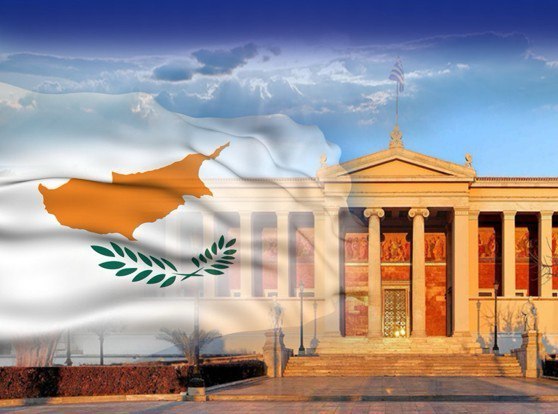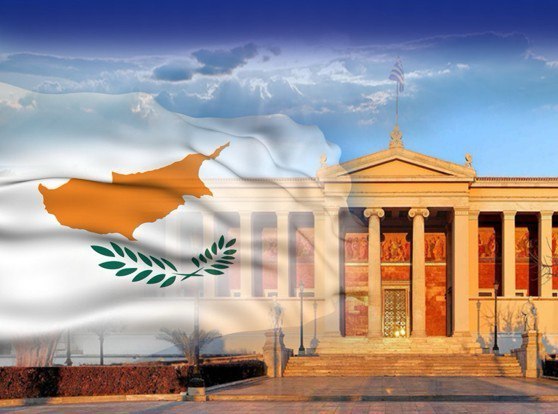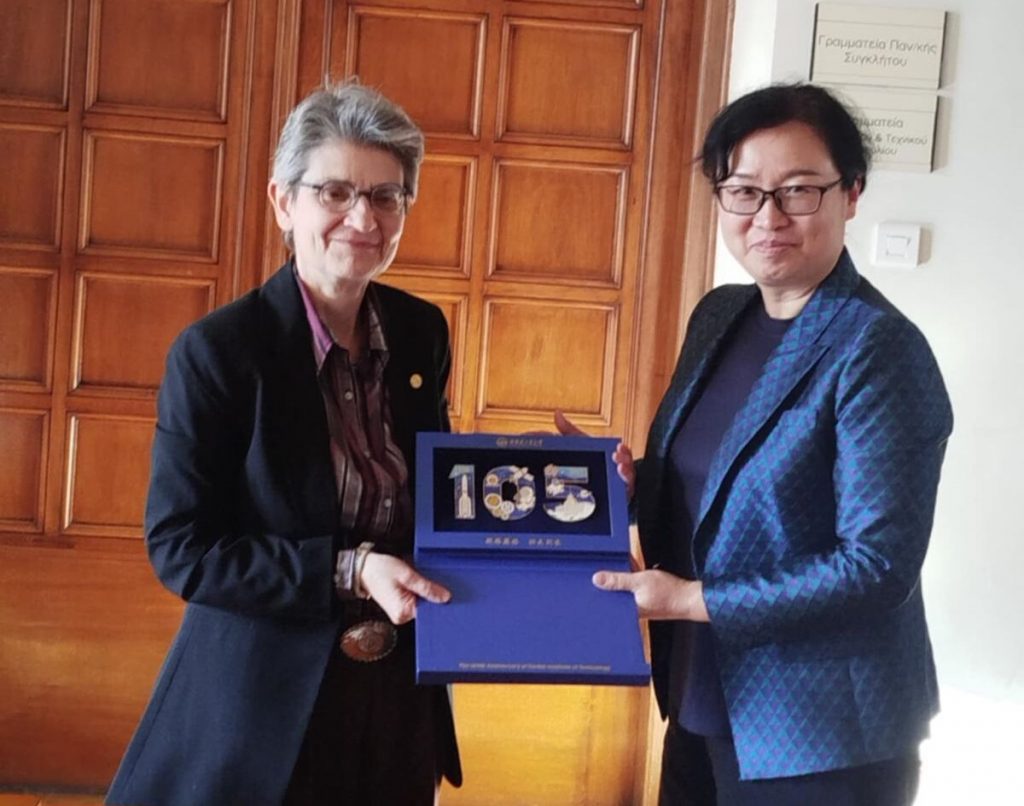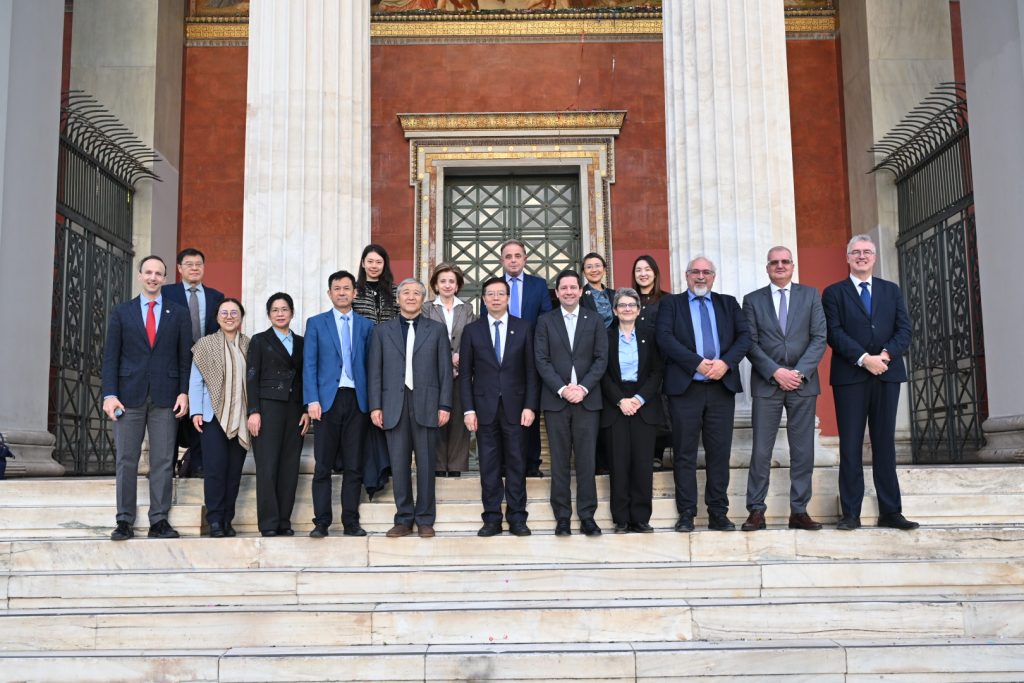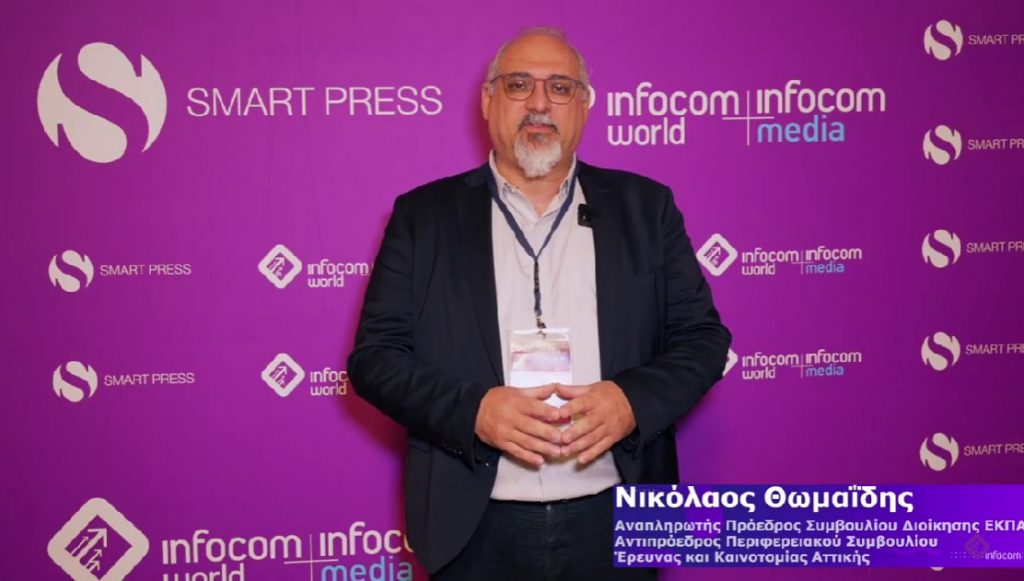The National and Kapodistrian University of Athens participates in the European project “Service-Learning: Intersectoral Collaboration Practices for the development of students’ soft skills and socially engaged universities” (SL-ICP) in collaboration with four other universities (members of the CIVIS Alliance), and the NGO EurasiaNet, in the two-year project (15/11/2022-14/11/2024) funded by the Erasmus+ Key Action 2 Partnership with Higher Education.
The aim of the project is to promote the pedagogical methodology of Service-Learning (SL) and to support all stakeholders (academics, students and civil society organisations) in developing partnerships with mutual benefits for universities and civil society.
Service-Learning is an innovative pedagogical approach that integrates meaningful community service into the curriculum and offers credit to students for the learning that results from their active engagement in the community and engagement with a real social problem. Reflection and experiential learning strategies underpin the process and service is directly linked to the disciplines under study. Therefore, the innovative learning and teaching practices implemented through SL are ideal for students who wish to acquire diverse skills as well as professional field experiences that will prepare them for the job market.
In the framework of WP5, which is coordinated by the University of Bucharest, one of the main deliverables was identified as the drafting of the Guidebook on Service-Learning, a Guidebook on SL project implementation. The Guidebook is now available, has 140 pages and presents, in a clear and structured way, the main steps for the development and consolidation of SL as an innovative method of education and cooperation between Universities and Civil Society Organisations. Through data tables, case studies and summary conclusions, it is an important source of information that gathers all the necessary data for future SL projects.
More specifically, the first chapter of the Guide defines the concept and methodology of SL and describes the impact of the application of this methodology. The second chapter presents good practices for promoting the educational practice of SL in civil society organisations and optimising cooperation with them. The theme of the third chapter is dedicated to the consolidation of SL in academic institutions, through guidance on design issues, communication and examples. The encouragement and guidance of students involved in SL programmes is discussed in detail in chapter four. Finally, in chapter five, issues related to the financial support of SL programmes in academic institutions are proposed.
The Guide is available with free access at the following link:
https://eurasianet.eu/wp-content/uploads/2024/09/Guidebook-on-Service-Learning_SL-ICP-Project-2.pdf
Moreover, the Service-Learning channel of the YouTube platform features videos presenting SL projects from the participatory universities and interviews with students, academics, and members of Civil Society Organizations:
https://www.youtube.com/@servicelearningKA2-SL-ICP
